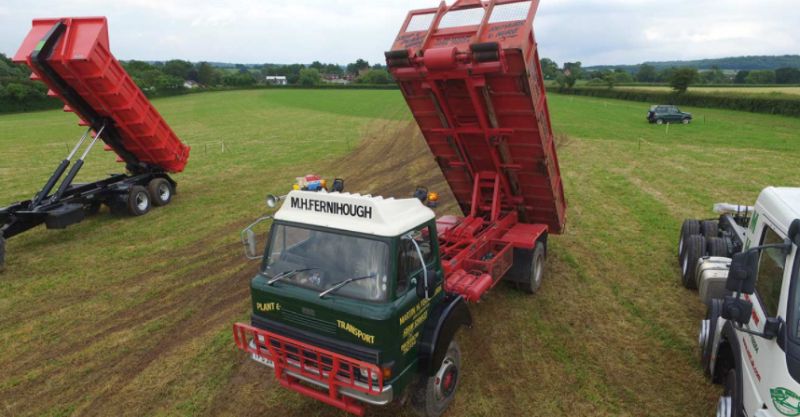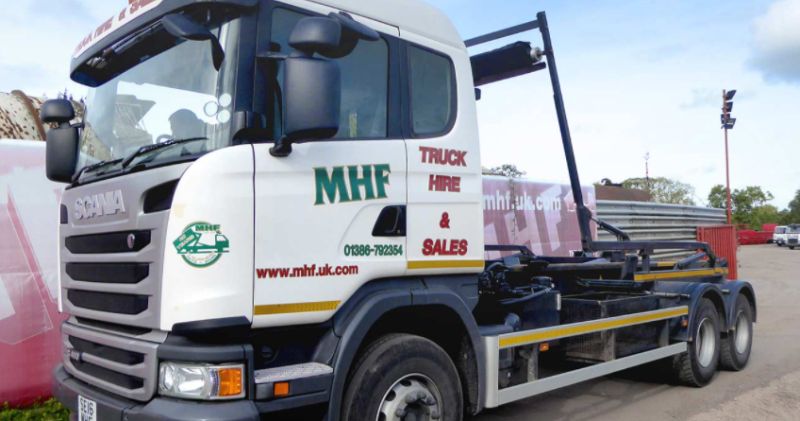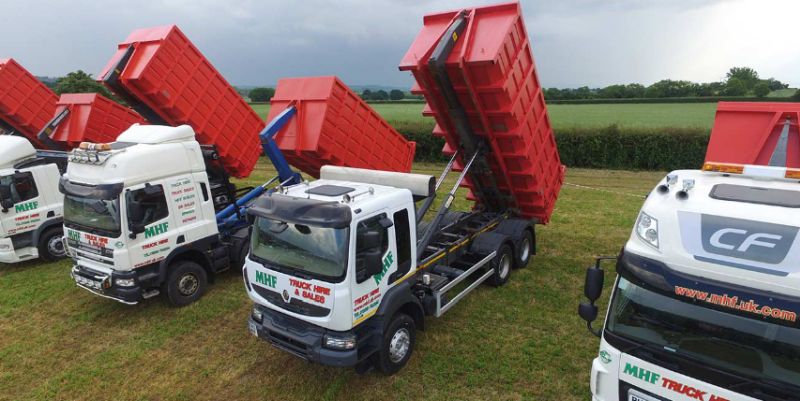For any company involved in the waste management business, the skiploader is an essential vehicle.
The skiploader has a capacity of carrying and lifting huge loads, anywhere between 7500kg to 18,000kg in fact. It is a very specialised vehicle that has been designed with the capability to load and offload skips safely and accurately with careful and accurate precision before transporting the load to its final destination for handling. The use of hydraulic arms and technology allowing the operator to move even the largest skips with a grace and ease that belies their size, and weight, make this dangerous task seem far easier than it really is.
It would certainly be advisable to seek skip loader hire from a reputable hire firm, which offers top quality vehicles that are put through regular maintenance checks for the safety of the operator and everyone else. However, if the vehicles are likely to be used often; some people prefer to purchase their own skiploaders and provide their own maintenance routines.
Safety

When operating any heavy machinery or vehicle such as a skip loader safety is of paramount importance, not only for the person who is operating the vehicle but also for any members of the general public or other employees who might be nearby.
There are a number of dangers that can be faced by people either operating skip loaders or by being in the vicinity; these include:
- Lifting hoists failing or getting stuck
- Vehicles overturning due to unbalancing of the load
- The possibility of striking or catching on overhead wires or other obstacles
- Incorrectly secured loads in skips blowing off during transportation and striking pedestrians or other vehicles or simply causing an obstacle on the road.
All of these are of course in addition to the normal dangers that come with driving any vehicles such as road traffic accidents.
There are a number of checks that a skip loader operator, or driver, should perform before travelling with their skip operator. These include, but are not limited to, the standard checks that any driver should make of their vehicle such as checking the brakes, the lights, the tyres, the mirrors etc.
Arriving on site
Skip loaders are large vehicles with, at times, cumbersome loads. This means that sometimes careful consideration needs to be given to access to the site where they will be placed. Any issues that may be encountered on accessing a building site or property should always be indicated in advance to a driver, and where possible if no information has been given, it may be wise to check. This will ensure that the delivery goes as smoothly and safely as possible for everyone involved. Hi-vis and the appropriate footwear should always be worn when working with a skip loader.
Good practice

As with any other piece of heavy machinery, there are some good practises that a skip loader driver should adopt. These include minimising the amount of reversing that needs to be done and ensuring that any reversing aids are used. Banksmen should be used where at all possible in order to minimise the risk of an accident occurring. Care should also be taken when exiting the cab and also whilst on any building site.
When unloading a skip, it is important to ensure that the vehicle is first parked on ground that is as flat as possible and firm rather than soft. Chocks and stabilisers should also be used to ensure maximum safety. Consideration should also be given to the chains on the skip loader. These should not be twisted or knotted as it is important that they do not snag during the lifting process when they might cause an accident.
Article Submitted By Community Writer




